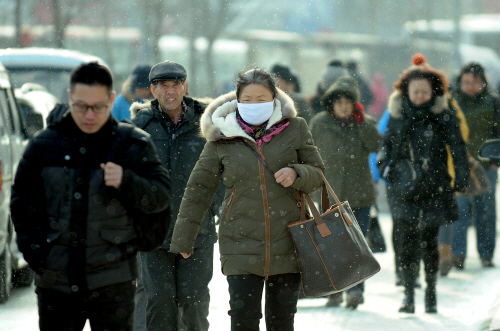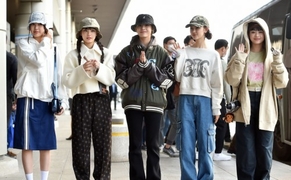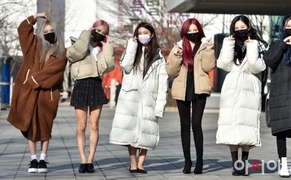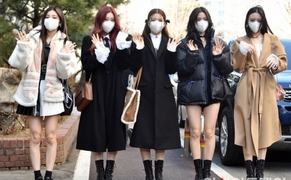 Source from Xinhua, Yonhap News Source from Xinhua, Yonhap News |
By AsiaToday reporter Kim Ye-jin - Japanese companies are seeking business opportunities in China where people aged 60 and older account for 15.5% of the population.
Japanese newspaper Nihon Keizai Shimbun (Nikkei) reported Monday that Japanese health care service providers elderly care companies including Nichii Gakkan, the largest medical service provider in Japan, are actively investing in products and services aimed for the Chinese market to capitalize on a rapidly aging population.
China has around 212 million people aged 60 and older, according to China's National Health and Family Planning Commission. That figure has increased by 8.6 million per year over the past five years and is expected to grow further.
Japanese companies are seeking to match their expertise and experience accumulated in Japan, the world's first "super-aged" nation, with the growing business opportunity in the elderly care industry in China.
Nichii Gakkan plans to provide their nursing services in China by acquiring housekeeping companies in China's major areas. The Japanese companies has already acquired six Chinese housekeeping companies and decided to buy 10 more.
In China, housekeepers often offer nursing services as well. So Nichii Gakkan will provide its specialized nursing know-how to its acquiring companies to help them grow profits from nursing care.
Nichii Gakkan chairman and CEO Akihiko Terada said that nearly 35 million Chinese need nursing service although the market is still in its embryonic stages. He said, "The market is expected to reach at least 2.3 trillion yen (KRW 21.7 trillion)."
As China's population ages, the number of dementia cases will also likely increase. Japanese pharmaceutical company Eisai plans to expand sales of its dementia treatment Aricept in China.
Eisai's Chinese sales in April-September jumped 23% on the year to 2.7 billion yen. The company set up more than 140 outpatient clinics by working with local medical institutions by this past summer and expanded its health system that can accurately diagnose the progression of dementia. Eisai plans to set up a new production line at its Jiangsu plant next year to start full-scale production of Aricept in China.
Japanese diaper maker Daio Paper started selling adult diapers in China this year. It plans to expand more equipment for its Jiangsu plant next year.
Most Read
-
1
-
2
-
3
-
4
-
5
-
6
-
7





















